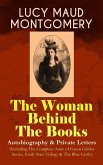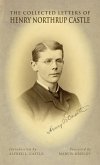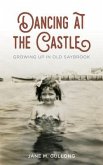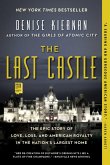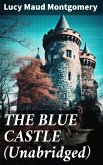An investigative memoir uncovering a secret history of wartime hiding, a family's hidden past, and its long-lasting legacy.
In the 1950s, Jon Day's mother and her German-Dutch siblings came into contact with a secretive circle of writers, artists and intellectuals known as 'Castrum Peregrini'. Led by the exiled German writer Wolfgang Frommel, the group was founded during World War II, when Frommel gave shelter to some of his young Jewish followers in a house in Amsterdam. The group followed the teachings of Stefan George, a renowned but controversial German poet who in the 1910s had led an elite coterie of young men to whom he preached a message of what he called 'pedagogical eros' - the belief that educational encounters were inherently sexual.
Growing up, Day heard stories of Wolfgang's wartime heroism, of literature and poetry, of the power of friendship and camaraderie. But thirty years later he begins to hear different versions of the past. Interviewing his mother, other living members of 'Castrum Peregrini' and whistle-blowers, darker truths emerge - of psychological grooming and sexual abuse, shrouded in stories of resistance, bravery and spiritualty.
From the complex, contradictory and elusive mind of Wolfgang Frommel, to the wartime Castrum group - who lived as onderduikers in a grand but dilapidated canal house in Amsterdam - and the post-war years of ritualised poetry readings and recruitment to what some have called a cult, Day investigates the history that shaped the lives of many of his family members and their friends.
The Pilgrims' Castle is a jaw-dropping, tender memoir about the silencing of abuse and the unravelling of one family's history to expose the truths and mistruths we tell ourselves about the past.
Dieser Download kann aus rechtlichen Gründen nur mit Rechnungsadresse in A, B, BG, CY, CZ, D, DK, EW, E, FIN, F, GR, HR, H, IRL, I, LT, L, LR, M, NL, PL, P, R, S, SLO, SK ausgeliefert werden.
Hinweis: Dieser Artikel kann nur an eine deutsche Lieferadresse ausgeliefert werden.



